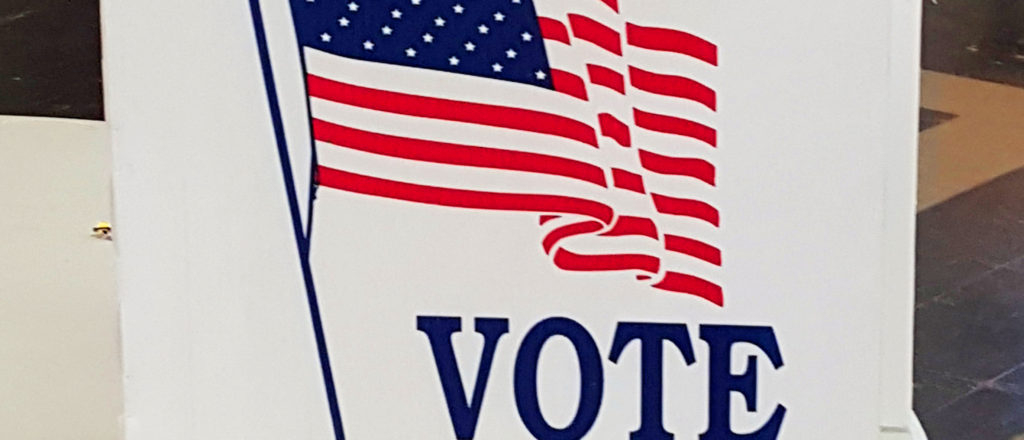With the general election right around the corner, it is important to take inventory of some of the most pressing unresolved issues in the nation’s key swing states, like Georgia.
Weeks after Georgia’s last primary election, issues continue to come to light, highlighting significant procedural problems that must be addressed prior to the November elections. Advocates for election security ought to be most concerned with the ballot issues revealed in Macon-Bibb County.
National outlets widely reported on Macon-Bibb County’s ballot mix-up. Due to redistricting, some voters received the wrong ballots, which resulted in voters being unable to vote for the correct candidates. The mix-up was so severe that the Georgia NAACP publicly called for a pause to the election.
All citizens should be concerned about possible meddling, especially when it is an issue that could have a significant impact on election results. Even if procedural errors such as these ended up being too minor to impact the results, putting a public pause on an election can signal to voters that the integrity of their vote is being taken seriously by their local officials.
This year, the Democrat Party of Georgia started targeting election officials who failed to certify with letters threatening legal action and claiming that certification is a non-discretionary task. Left-leaning media and organizations have doubled down on this claim, publishing articles, reports, and law review articles claiming that election officials must certify each election no matter what.
However, certification must still follow the proper timeline. Just as election officials cannot be expected to certify before an election takes place, they cannot be expected to certify before certain election procedures have been completed under the election code. The election is not complete until the entire process is finished.
Although the Left’s narrative would have us believe that election officials are only failing to certify to protest the results, this simply is not the case. In Fulton County, Board of Registration and Elections member Julie Adams requested election documentation required to complete her duties under the election code well in advance of the election. She was denied, so she sued Fulton County to gain access to the necessary documents and to get clarification on her duties.
Despite many articles and reports claiming that certification is a ministerial task, they tend to overlook the reasons election officials are refusing to certify. For example, a recent Protect Democracy report about certification asserts that election procedures preceding certification help prevent issues of fraud and inaccuracy. But what this report fails to understand is that election officials are refusing to certify the election because it is unclear if those procedures, required by law, have been completed and adhered to.
Groups from across the political spectrum have questions about sloppy election processes. A discretionary certification process can prevent sloppiness by holding election officials accountable for completing their duties before certifying.
It is clear that Georgians—and Americans—want election procedures to be completed properly. As we look to November, voters need to recognize that election officials’ authority to enforce a complete election process will be the key issue and solution to that problem.
Josh Findlay is the director of the Texas Public Policy Foundation’s National Election Protection Project and the former national director of election integrity for the Republican National Committee.
The views and opinions expressed in this commentary are those of the author and do not reflect the official position of the Daily Caller News Foundation.
Featured Image Credit: Flickr/Tim Evanson
All content created by the Daily Caller News Foundation, an independent and nonpartisan newswire service, is available without charge to any legitimate news publisher that can provide a large audience. All republished articles must include our logo, our reporter’s byline and their DCNF affiliation. For any questions about our guidelines or partnering with us, please contact [email protected].
















